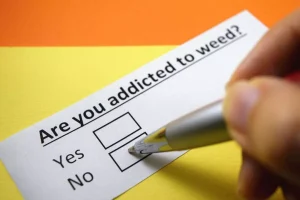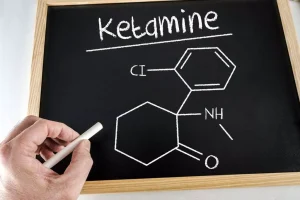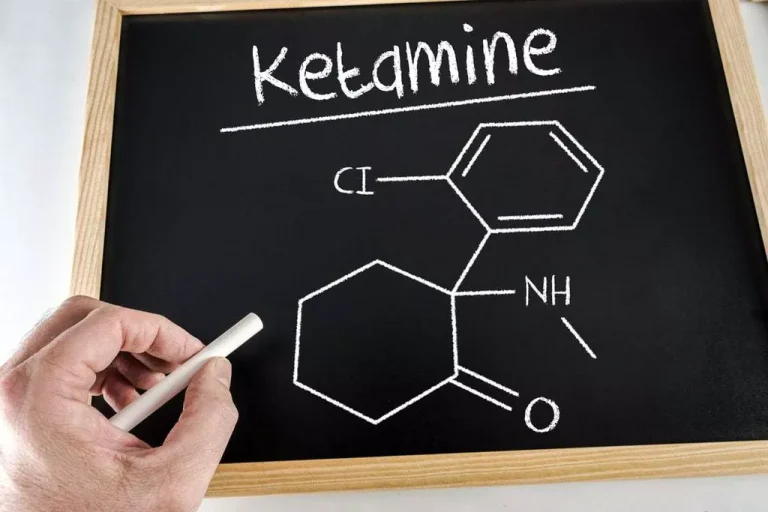
However, a recent study 1 raises significant concerns about the accuracy of these diagnostic data. The problem, we argue, is caused by confusingly-worded International Classification of Diseases (ICD)-9 and ICD-10 codes, which reflect a general misunderstanding of the difference between addiction and physiologic dependence. Addiction Resource is an educational platform for sharing and disseminating information about addiction and substance abuse recovery centers. Addiction Resource is not a healthcare provider, nor does it claim to offer sound medical advice to anyone.
If taking drugs makes people feel good or better, what’s the problem?

It causes uncontrollable behavior when it comes to getting and using the drug of choice. Addiction indicates more of a substance use disorder, while dependence is the physical body’s buildup of tolerance to a drug. Someone who’s dependent on a substance may or may not be addicted to it, but someone who’s addicted to a drug has always become dependent on it.

Use, Abuse, and Dependency: Understanding the Addiction Process

In such cases, the prescribing physician can promptly transition in the patient off of the medication and have them addiction vs dependence evaluated and treated for SUD. It is important to keep in mind that physical dependence can occur without the patient developing a SUD. While drug addiction affects the reward pathways of the brain (including the mesolimbic pathway and the mesocortical pathway), dependence affects the thalamus and brainstem.
More on Substance Abuse and Addiction
- It is by no means a substitute for professional medical advice, diagnosis, or treatment.
- For example, if you take a sedative to sleep, it may work very well at the first dose.
- It causes uncontrollable behavior when it comes to getting and using the drug of choice.
“We know we can make a difference through our concerted actions,” Hawkins says. He cites declines in rates of drinking and driving and of adult tobacco use as examples of the success due to changes in social norms. If that history lesson sounded confusing, that’s because it is, and there’s no way to simplify what happened. But the biggest source of confusion concerns the word “dependence.” Prior to the DSM-III, the term “dependence” simply meant physiological dependence, as indicated by tolerance and withdrawal symptoms.
Drugs & Supplements

It is important to understand and discuss the risks of drug dependence with your prescribing doctor. As with most other chronic diseases, such as diabetes, asthma, or heart disease, treatment for drug addiction generally isn’t a cure. People who are recovering from an addiction will be at risk for relapse for years and possibly for their whole lives. Research shows that combining addiction treatment medicines with behavioral therapy ensures the best chance of success for most patients. Treatment approaches tailored to each patient’s drug use patterns and any co-occurring medical, mental, and social problems can lead to continued recovery.

